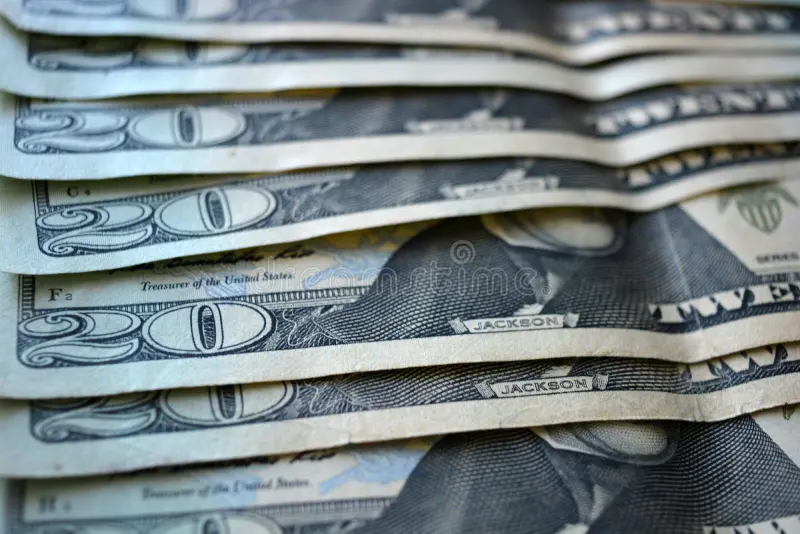On Friday, the U.S. dollar experienced a slight decline against the Brazilian real, yet it still achieved a notable weekly increase.
Speculations about the U.S. Federal Reserve’s potential decision not to cut interest rates in March influenced this trend.
Ending the day, the spot dollar traded at 4.9273 reais, showing a 0.10% decrease.
Throughout the week, it accumulated a 1.45% rise. Since January began, the dollar has seen a 1.56% overall increase.
In Brazil’s B3 exchange, the nearest future dollar contract dropped by 0.03%, closing at 4.9355 reais at 5:20 PM Brasília time.

Global factors led to the U.S. currency’s narrow fluctuations on Friday.
Early that day, the dollar weakened against various currencies, including the real, as U.S. Treasury yields dipped into negative territory.
At 10:21 AM, the spot dollar reached its lowest at 4.9030 reais, a 0.59% fall. Later in the morning, however, the ten-year U.S. Treasury yield climbed.
This increase was a response to investor interpretations of recent economic data and official statements. These suggested a decreased likelihood of a Fed rate cut in March.
The dollar’s strength returned as U.S. Treasury yields rose. In Brazil’s spot market, the dollar peaked at 4.9402 reais, up by 0.16%, at 12:06 PM.
During the afternoon, the dollar’s movement stabilized, mostly trending downwards.
This pattern mirrored global trends, where the dollar softened against a basket of major currencies and those of commodity-exporting nations.
By 5:20 PM Brasília time, the U.S. dollar index, which tracks the currency against six major counterparts, had fallen by 0.08% to 103.280.
Re-imposing payroll taxes
In Brazil, the focus remained on political negotiations in Brasília. The talks centered on the provisional measure for re-imposing payroll taxes on companies.
Senate President Rodrigo Pacheco mentioned a potential agreement to repeal the measure. However, Finance Minister Fernando Haddad has not confirmed this.
Additionally, the Central Bank of Brazil reported a slight 0.01% increase in its Economic Activity Index for November, compared to October.
This increase, though modest, ended a three-month streak of negative performance.
To conclude the week, the Central Bank successfully sold all 16,000 traditional currency swap contracts slated for March maturities.

